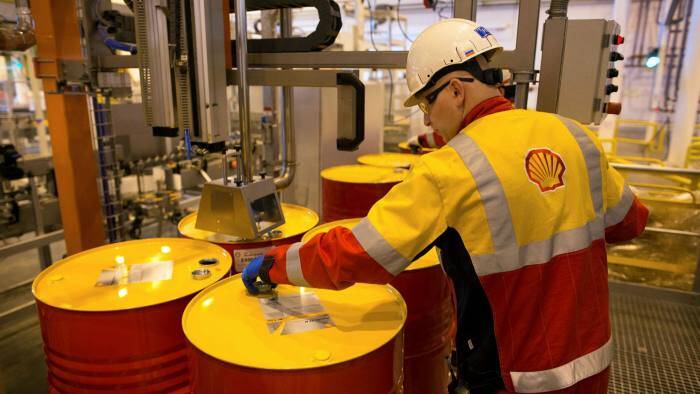Speaking after Shell announced impairments of up to US$22 billion to its portfolio, Angus Rodger, a director with Wood Mackenzie’s upstream research team, said, “The major oil companies are going through a process of reassessing long-term oil price assumptions and investment hurdle rates as a result of the oil price crash and the coronavirus.”
BP and Shell, he said, are just two of the companies that have announced recent changes. “Cutting long-term price assumptions will generally result in a lower valuation for certain assets to below the accounting value held on the balance sheet. That’s what will trigger an impairment charge.”
Rodger said this process has further to run, and WoodMac expects further large impairments to occur across the sector.
Her added that the price crash and pandemic has already wiped US$1.6 trillion off WoodMac’s valuation of the global upstream sector.
More than a technicality
Luke Parker, vice president, corporate analysis, added, “The impairment Shell has announced is about more than an accounting technicality, or an adjustment to near-term price assumptions.”
He said it’s about fundamental change hitting the entire oil and gas sector.
“Within this write down, Shell is giving us a message about stranded assets, just like BP did a few weeks ago,” he said.
Wider trend
Parker sees this as part of a wider trend.
“Just a few years ago, few within the oil and gas industry would even countenance ideas of climate risk, peak demand, stranded assets, liquidation business models and so on. Today, companies are building strategies around these ideas,” he said.
He pointed out that demand might still grow from here, and many companies are still chasing a share of that growth. “But make no mistake, the corporate landscape is changing, and the majors are changing with it.”



